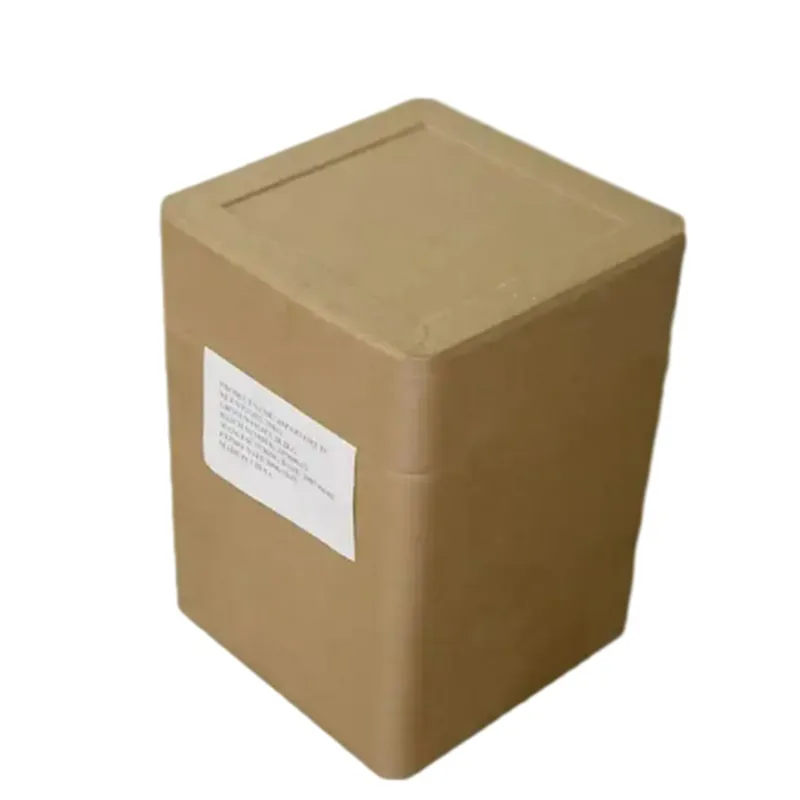
Exploring the Uses and Benefits of Monosodium Glutamate in Chinese Cuisine
The Role and Impact of Monosodium Glutamate in Chinese Cuisine
Monosodium glutamate, commonly known as MSG, has long been a prominent ingredient in Chinese cuisine and has sparked a considerable amount of debate regarding its safety and health effects. This flavor enhancer, a sodium salt of the amino acid glutamic acid, is famed for its umami flavor, which is one of the five basic tastes, alongside sweet, sour, bitter, and salty. The use of MSG has deep roots in Chinese culinary traditions, and understanding its role in cooking, as well as the surrounding controversies, is crucial for both culinary enthusiasts and health-conscious consumers.
Historical Background
The origin of MSG can be traced back to Japan in the early 20th century, where it was first isolated by Dr. Kikunae Ikeda. He identified the unique taste of kelp broth and later synthesized MSG from glutamic acid. Although MSG was initially a Japanese discovery, it quickly spread across Asia and gained popularity in Chinese cooking. It became a staple in Chinese restaurants worldwide due to its ability to enhance flavors without requiring additional salt.
The Flavor Profile
One of the most significant contributions of MSG to Chinese cuisine is its ability to amplify the natural flavors of foods. It works by stimulating the umami receptors on the tongue, thereby enhancing the savory taste of broth, meats, vegetables, and sauces. In traditional Chinese dishes like stir-fries, soups, and marinades, MSG is often used to bring depth and richness, creating a more flavorful and satisfying dining experience.
Controversies and Misconceptions
Despite its widespread use, MSG has been the subject of numerous controversies. In the late 1960s, a letter to the New England Journal of Medicine coined the term Chinese Restaurant Syndrome (CRS), claiming that MSG consumption led to a variety of symptoms, such as headaches, nausea, and numbness. This sparked widespread public concern and prompted scientific investigations into the safety of MSG. However, subsequent studies have largely debunked these claims, indicating that moderate consumption of MSG is safe for the majority of the population.
chinese monosodium glutamate

The negative perception of MSG has persisted over the years, in part due to cultural biases and misconceptions. Many people associate MSG with low-quality food or unhealthy eating habits. However, the reality is that MSG is utilized by many professional chefs and home cooks alike to elevate dishes without compromising on health.
Health Considerations
Current research indicates that MSG is generally recognized as safe (GRAS) when consumed in typical amounts found in food. While some individuals do report mild reactions to high doses of MSG, these responses are rare and not well understood. The FDA has classified MSG as safe, and major health organizations have found no conclusive evidence linking MSG to serious health risks. That said, individuals who are sensitive to specific additives may still choose to avoid it.
Cooking Without MSG
For those who prefer not to use MSG or are cooking for sensitive individuals, numerous alternatives can enhance flavor. Ingredients such as soy sauce, miso paste, fish sauce, and fermented foods are rich in natural glutamates and can provide a similar depth of flavor when used in moderation. Additionally, fresh herbs, spices, and umami-rich vegetables like mushrooms and tomatoes can contribute to a well-rounded dish.
Conclusion
Monosodium glutamate has left an indelible mark on Chinese cuisine and continues to be a preferred seasoning in various culinary traditions worldwide. While the controversies surrounding MSG may have affected its reputation, scientific evidence supports its safety and effectiveness as a flavor enhancer. Understanding the role of MSG in cooking allows consumers to appreciate culinary artistry while making informed decisions about their food choices. Whether one chooses to use MSG or its alternatives, the goal remains the same to create delicious, satisfying, and memorable meals that celebrate the flavors of Chinese cuisine.
-
Pure Sodium Dichloroisocyanurate Dihydrate | Powerful DisinfectantNewsAug.29,2025
-
Industrial Chemicals: Quality & Purity for Every IndustryNewsAug.28,2025
-
Nitrile Rubber Honoring Strict Production StandardsNewsAug.22,2025
-
Aspartame Ingredients Honoring Food Safety ValuesNewsAug.22,2025
-
Fertilizer for Balanced Plant NutritionNewsAug.22,2025
-
Cyanide Gold Processing with High Purity AdditivesNewsAug.22,2025
-
Formic Acid in Textile Dyeing ApplicationsNewsAug.22,2025
Hebei Tenger Chemical Technology Co., Ltd. focuses on the chemical industry and is committed to the export service of chemical raw materials.
-

view more DiethanolisopropanolamineIn the ever-growing field of chemical solutions, diethanolisopropanolamine (DEIPA) stands out as a versatile and important compound. Due to its unique chemical structure and properties, DEIPA is of interest to various industries including construction, personal care, and agriculture. -

view more TriisopropanolamineTriisopropanolamine (TIPA) alkanol amine substance, is a kind of alcohol amine compound with amino and alcohol hydroxyl, and because of its molecules contains both amino and hydroxyl. -

view more Tetramethyl Thiuram DisulfideTetramethyl thiuram disulfide, also known as TMTD, is a white to light-yellow powder with a distinct sulfur-like odor. It is soluble in organic solvents such as benzene, acetone, and ethyl acetate, making it highly versatile for use in different formulations. TMTD is known for its excellent vulcanization acceleration properties, which makes it a key ingredient in the production of rubber products. Additionally, it acts as an effective fungicide and bactericide, making it valuable in agricultural applications. Its high purity and stability ensure consistent performance, making it a preferred choice for manufacturers across various industries.





